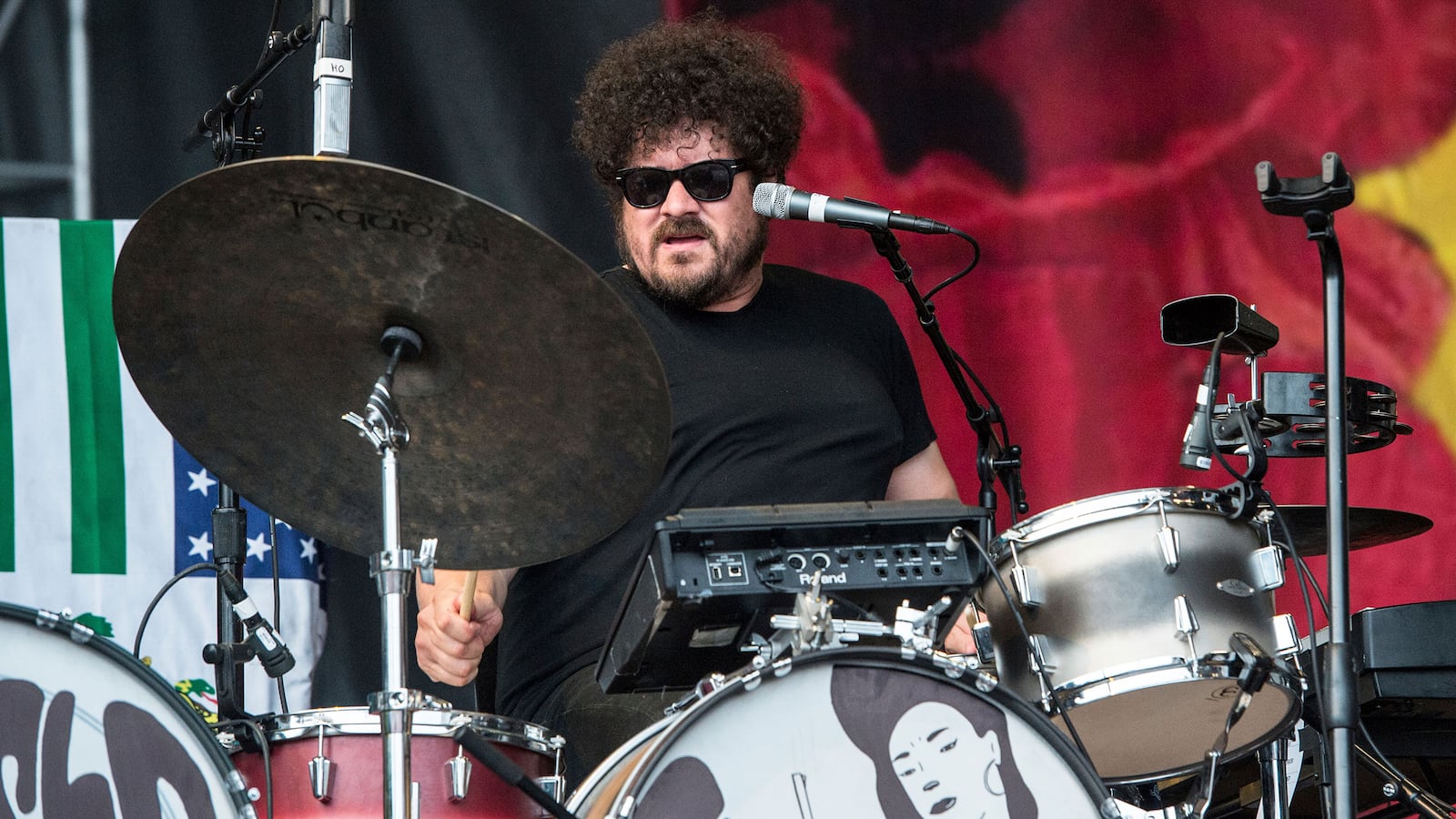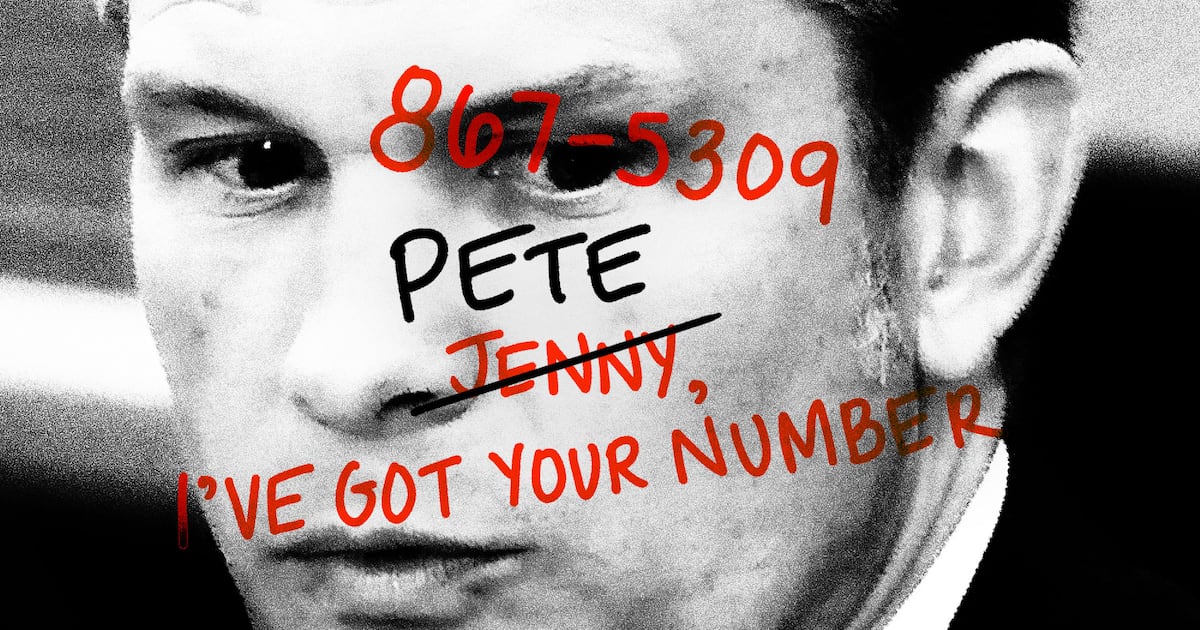Richard Swift, the musical artist, producer and talented instrumentalist, has died at the age of 41, according to Pitchfork. He died of an illness that has not been specified, which was made public last month.
I was thinking of him just yesterday. I was thinking about the reclusive music producer I met at his home in Cottage Grove, Oregon five years ago for an interview for Noisey.
Richard Swift was a gifted musician who performed with The Shins and The Black Keys, as the headlines read, but he was much more than that. Richard Swift was a solo artist who never got the recognition he deserved, he was a masterful producer who touched the lives of so many burgeoning artists and he was someone I’ll never forget.
I first heard of Richard Swift when I was a student in Santa Barbara, Calif. around 2009. My friends were in a band called Gardens & Villa, and they were going to produce an album with him. They told me to check out his album “Dressed Up For the Letdown.”
I went home and put the album on. I was immediately captivated. This was shortly before my mother passed away, and when she did, his music helped me cope.
“So try to remember, try to hold it near, my name will go missing, but the songs will be here,” he sang on a song titled “Artist & Repertoire.”
Thinking about death, and legacy, those words moved me. I imagined my own death and what I would leave behind. I thought about how the most important thing in life is how you touched those around you and what you leave for them to remember you by.
When I interviewed Swift years later, he referenced that lyric, and he told me how he struggled with depression and anxiety. He told me he thought about how he’d be remembered.
“You don’t want to overthink it, but we’re all going to be dead and our grandchildren are going to be dead and our great-grandchildren are going to be dead,” Swift told me. “Our names are going to go missing, and that’s okay, but there’s technology that exists that can carry on some sort of thing that states that you were here and that you kind of cared.”
When my father died last year, I again returned to that album. I thought about how Swift had become a male figure that I looked up to, and I thought about how I was always looking for father figures, whether I knew them well or not, even when my father was alive.
I had never been as close with him as I was with my mother, so I felt a need for male role models. Several months before my father’s death Swift had sent me an email congratulating me on an appearance I made on The Young Turks.
“Just saw you on the young turks. That’s great man. Hope yer swell,” Swift wrote. I felt like I had made this man I looked up to proud. Swift and I had communicated sporadically in the years following our interview—mostly in short messages of support.
Over the years I’ve met countless musicians who worked with Swift or encountered him in numerous ways. The way they described him always felt like they were describing a mystical figure or a muse who had forever changed them.
It was as if they were sharing that they had been admitted to some secret society.
Swift produced music for artists like Kevin Morby, Foxygen and Damien Jurado. His productions were lo-fi and almost nostalgic—drawing from soulful and sometimes psychedelic styles popularized in the 1960s and 70s.
However, they also captured the aesthetic of the time in which they were recorded. He recorded emotive indie rock music that would outlive the existing trends. The work he produced for these people felt timeless and inspired, and it carried his idiosyncratic style. The music was alive. It was bold, yet somehow subtle.
When I asked him what he thought was the worst thing in the world during our interview years ago, he said he felt like it would have to be anxiety and panic attacks.
“They can really take productive people out of our society for a time being, and sometimes forever,” Swift said. I related to this, because like him, I had struggled with anxiety and depression for years.
He was a serious artist, but he was also a jokester. He loved making people laugh. Sometimes I think dealing with mental and emotional anguish brings this out of people, because you start to see how ridiculous and chaotic the world is, and for some, all you can do is laugh.
When I first heard Richard Swift had died, I felt my heart drop. I was in shock at first, and I went out for a smoke to absorb the information. When I came back in, I put on “Dressed Up For the Letdown.” I immediately broke down in tears.
Though I sometimes told him, he probably didn’t realize how many times he had given me much-needed reprieve during times of strife—through his music. I know from our talks that he saw that as one of the main functions of music and hoped he had accomplished it. Well, you did, Richard, and I’ll always be grateful.





